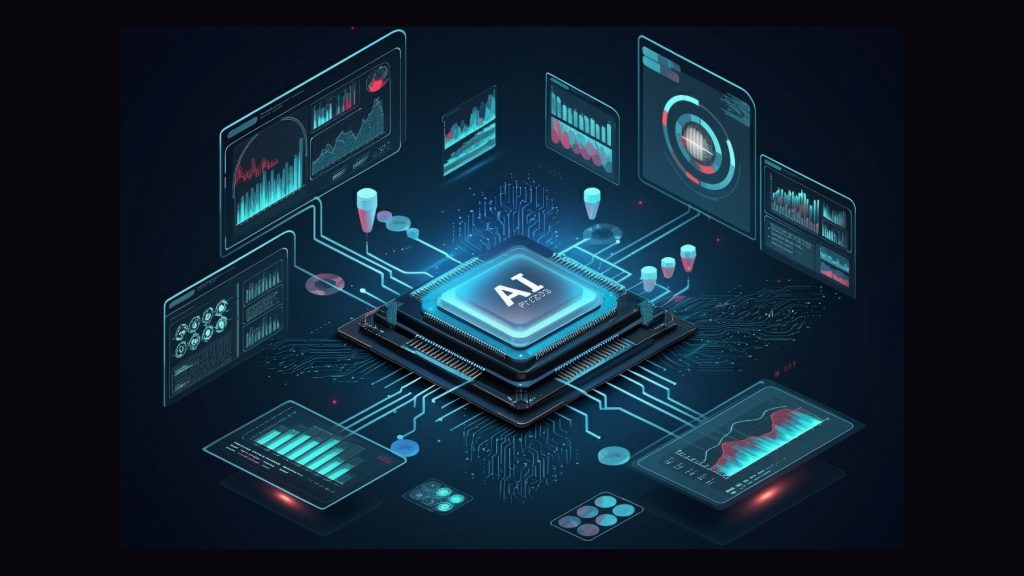
In the fast-paced world of e-commerce, brands increasingly rely on data science to streamline operations and enhance customer experiences. A vivid illustration of this trend is the recent milestone from Bengaluru‑based startup ShopOS, which closed a $20 million funding round led by 3State Ventures—co‑founded by Binny Bansal of Flipkart—aimed at scaling its AI-powered operating system for e-commerce (timesofindia.indiatimes.com).
From Insight to Automation
Traditionally, e-commerce businesses juggle multiple tools to handle product listings, ad campaigns, and store optimization. ShopOS disrupts this approach by embedding machine learning and AI agents that autonomously manage these tasks. This is a prime example of how data analysis and data science are shifting from siloed tools to integrated systems that act intelligently behind the scenes (timesofindia.indiatimes.com).
The Role of Data Science in Scaling
ShopOS’s model exposes four key applications of data science in modern e-commerce:
- Automated product listing – transforming unstructured product info into clean, searchable entries.
- Dynamic marketing campaigns – AI-driven segmentation and KPI monitoring.
- Behavioral store adaptation – tailoring user experience based on real-time analytics.
- Cross-market scalability – enabling brands to expand internationally with minimal manual effort (scoop.market.us, timesofindia.indiatimes.com).
These capabilities are powered by large-scale data analysis pipelines, predictive modeling, and reinforcement learning—showcasing data science at full operational scale.
Why This Matters for E-commerce
This strategic move confirms a broader industry transformation:
- Datafication growth: The global push toward « datafication » in e-commerce is projected to exceed $3.8 trillion by 2034, at a CAGR of 15.2% (scoop.market.us).
- AI maturity: According to Quid’s 2025 trend report, AI’s integration into product recommendations, inventory management, and autonomous agents is no longer experimental—it’s standard (quid.com).
- SME empowerment: From India to Europe, even small and mid-sized e-commerce brands now lean on AI–driven analytics and automation to stay competitive (quid.com).
What This Means for Business Leaders
For marketers and data practitioners, this evolution is both challenge and opportunity:
- Invest in unified data platforms that can feed AI-driven tools and dashboards.
- Focus on end-to-end data analysis, not just isolated insights.
- Embrace AI automation, but maintain human oversight to ensure brand quality and ethical standards.
- Experiment with agentic AI (AI acting autonomously), especially for repetitive tasks like ad creation and inventory adjustments (voguebusiness.com).
Conclusion: Data-Driven E-commerce Is Here
The ShopOS funding marks a clear signal: data science isn’t just an analytical support function—it’s now the backbone of e-commerce operations. With AI-powered systems automatically managing everything from listings to logistics, brands can focus on strategy, creativity, and expansion.
Are you interested in exploring how machine learning or agentic AI could optimize your e-commerce workflow? Let me know—happy to dive into the details!
Laisser un commentaire